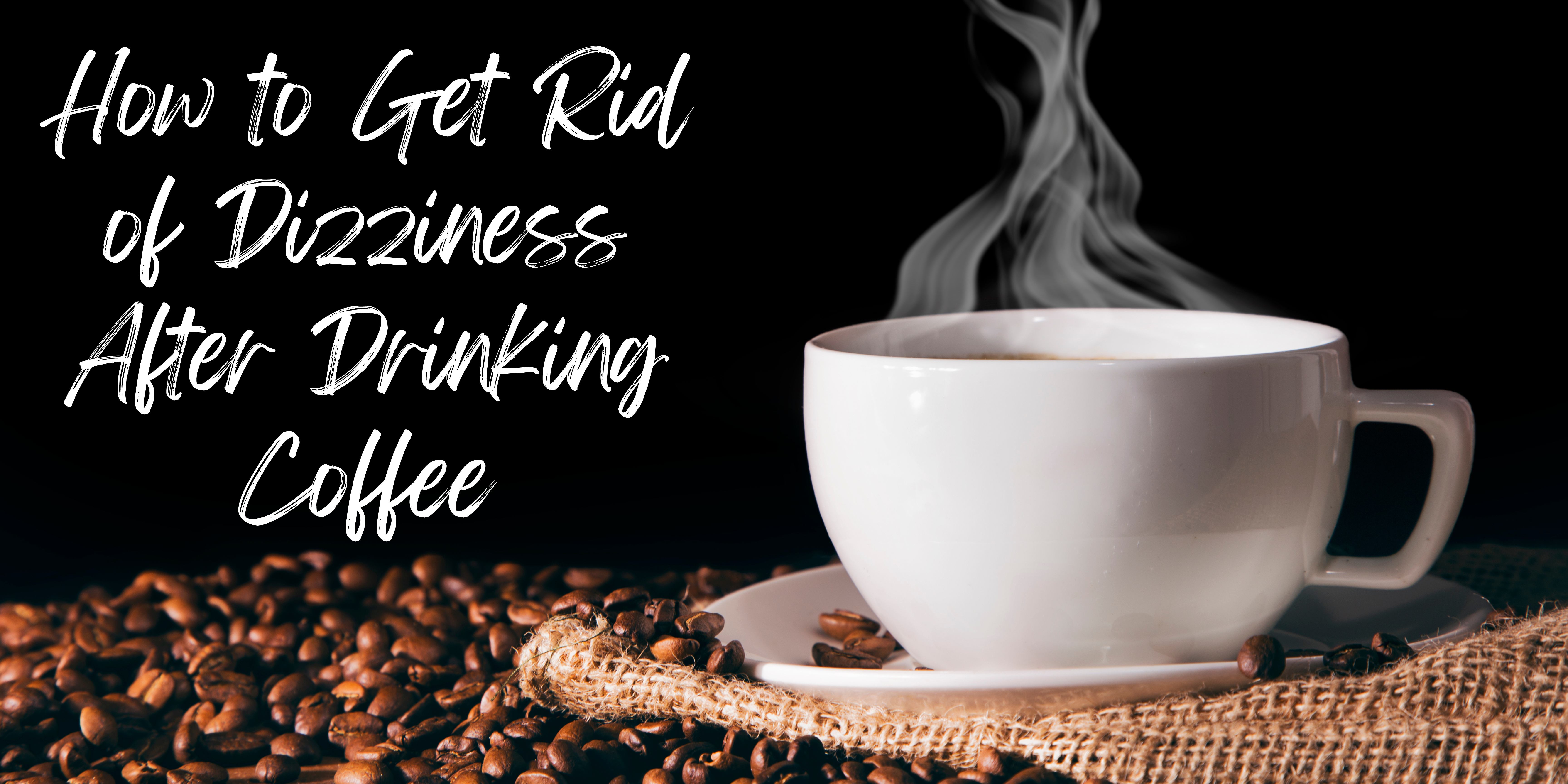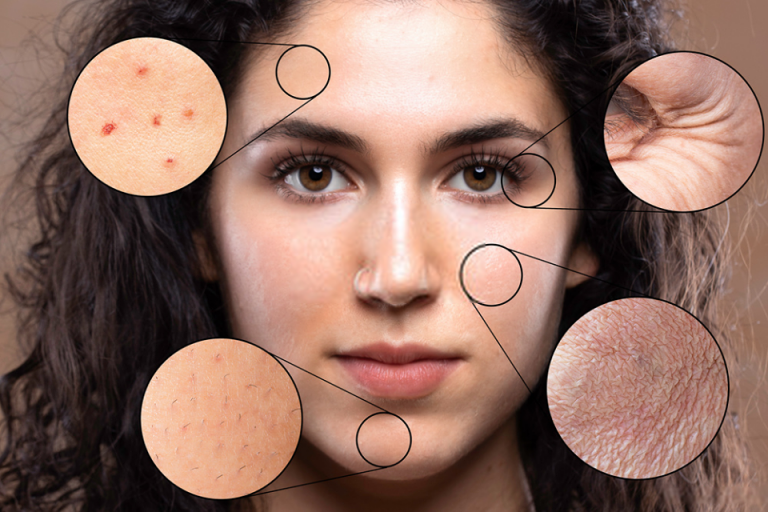How to Get Rid of Dizziness After Drinking Coffee: A Comprehensive Guide
Do you enjoy starting your day with a cup of coffee but frequently get dizzy afterwards? You’re not alone. Many individuals face the challenge of dealing with dizziness after consuming coffee, especially those with a low tolerance for caffeine. In this article, we will explore the reasons behind this phenomenon and provide you with practical tips on how to get rid of dizziness after drinking coffee.
For coffee lovers, that first cup of coffee in the morning is often an important part of their habit. However, some people get dizzy after drinking coffee, which can be uncomfortable and annoying. It’s important to figure out what’s causing this dizziness and find ways to stop it or make it go away.
Understanding the Link Between Coffee and Dizziness
The Role of Caffeine
Caffeine is a naturally occurring stimulant that influences our central nervous system. Coffee includes caffeine. Caffeine, when eaten, binds to neuroreceptors in our brain that are normally targeted by adenosine, a substance that is responsible for causing sensations of exhaustion. Caffeine’s ability to inhibit adenosine’s effects is one of the mechanisms by which it boosts alertness and general energy levels.
Caffeine has qualities that make it a stimulant; however, these properties can also cause various adverse effects, including dizziness. Caffeine is a vasoconstrictor, which means that it causes the blood arteries in the brain to narrow. This results in decreased blood flow, which can lead to feelings of dizziness or light-headedness.
Caffeine Sensitivity and Tolerance
People react differently to caffeine, and some may be more sensitive to the drug’s effects than others. Caffeine is a central nervous system stimulant. Caffeine sensitivity can be affected by a variety of factors, including age, weight, gender, and one’s overall health. For instance, women often metabolize caffeine more quickly than men, and elderly individuals may have a slower metabolism, which can lead to the effects of caffeine lasting for a longer period of time.
In addition, the amount of tolerance we have for caffeine is a factor in how our bodies react to the consumption of coffee. Coffee drinkers who consume the beverage on a regular basis frequently build up a tolerance to caffeine, which causes them to need significantly more of the stimulant to experience the same benefits. However, consuming an excessive amount of caffeine can cause dizziness and other undesirable responses, which indicates that consumption should be reduced or alternate choices should be investigated.

How to Reduce Dizziness After Drinking Coffee
If you find that drinking coffee causes you to feel dizzy, there are a few things you can do to either lessen the feeling or prevent it altogether. Let’s review some effective strategies:
1. Drink Coffee in Moderation
When it comes to drinking coffee, moderation is the name of the game. Cutting back on how much coffee you consume can help lower the likelihood of experiencing dizziness. You might want to think about gradually reducing the amount you consume or going for smaller cup sizes.
2. Stay Hydrated with Water
It is absolutely necessary for one’s health to consume a proper amount of water during the course of the day. It is extremely important to maintain proper hydration levels when drinking coffee because caffeine has a diuretic impact and has the potential to cause dehydration. Maintaining an appropriate level of hydration can help reduce the risk of experiencing dizziness.
3. Consume Food Before Drinking Coffee
It’s possible that drinking coffee on an empty stomach could make you feel dizzy. Consuming a modest lunch or snack before drinking coffee will help dilute the effects of the caffeine and lessen the negative effects it has on the body. This exercise can help prevent dizziness or at least reduce its severity.
4. Consider Switching to Decaf or Lower-Caffeine Options
If you are especially sensitive to caffeine or if you have been suffering persistent dizziness, switching to decaffeinated coffee or other alternatives with less caffeine may be useful for you. Decaf coffee has the same flavor profile as regular coffee, but it doesn’t have the stimulating effects that caffeine does, making it a good option for people who are trying to cut down on their dizziness.
5. Incorporate Vitamin D into Your Diet
A lack of vitamin D has been shown to make a person more sensitive to the effects of caffeine. Make sure that you are obtaining an adequate amount of vitamin D either through exposure to sunlight or through dietary sources such as fortified meals or pills. It’s possible that having adequate levels of vitamin D could help ease the symptoms of dizziness.
6. Regular Exercise to Improve Metabolism
Your metabolism can be boosted and your body’s ability to digest caffeine more effectively if you exercise on a regular basis and keep active. Aim for at least a couple hours of aerobic exercise each week with the intention of maybe reducing the dizziness that is connected with drinking coffee.
7. Practice Breathing Exercises
Exercises that focus on slow, deep breathing might help control your heart rate and blood pressure, which may alleviate some of the symptoms of dizziness. If you start to feel dizzy after drinking coffee, try taking several slow, deep breaths to help relax your body and get your equilibrium back.
8. Gradually Reduce Coffee Consumption or Quit Altogether
If you continue feeling dizzy after applying the measures outlined above, it is possible that you may need to cut back on how much coffee you drink or stop drinking it completely. This strategy is particularly useful for people who are extremely sensitive to the effects of caffeine. In the event that you require assistance or direction throughout this process, you should speak with a qualified healthcare expert.
Read More: Does Coffee Cause hair loss?
Can medications cause dizziness?

Yes, certain medications can cause dizziness as a side effect. It is important to note that while there are medications available to help manage dizziness, there are also medications that can potentially trigger or intensify dizzy symptoms. When discussing your medical situation with your doctor during an office visit, it is crucial to provide a comprehensive list of all the medications you are currently taking, including any over-the-counter medicines and supplements. It is worth mentioning that dizziness may not always be caused by a single medication but rather a combination of two or more products. It is essential to prioritize communication with your doctor before making any decisions regarding your medications. Stopping any medication without consulting your healthcare professional is strongly discouraged. In some cases, adjusting the dosage or switching to a different brand may be all that is needed to alleviate the dizziness caused by a particular medication.
How does stress impact dizziness?
Stress has the potential to impact dizziness by triggering various physiological responses in individuals. When a person is under stress, their brain releases chemicals that can result in increased heart and breathing rates, as well as a constriction of blood vessels. This combination of effects can often lead to feelings of dizziness. It should be noted that while stress can affect anyone, some individuals may be more prone to experiencing dizziness as a side effect of stress.
How can rapid movements affect dizziness?
Rapid movements can have an impact on dizziness as stated in Passage_1. The inner ear plays a crucial role in maintaining balance for our body. When we move quickly, this delicate system can become disturbed, leading to sensations of dizziness and, in some cases, even vertigo.
What substances can worsen dizziness symptoms?
There are certain substances that can worsen symptoms of dizziness. Two significant ones include alcohol and caffeine. These substances can have a negative impact on dizziness due to their effects on blood vessels. Specifically, they can constrict the blood vessels, which disrupts normal circulation, especially to the brain. When there is decreased blood flow to the brain, the amount of oxygen received by the brain also decreases. This lack of oxygen can then contribute to dizziness and cause alterations in perception, making the symptoms feel more intense. Additionally, alcohol and caffeine can lead to dehydration, which we know is another potential cause of dizziness.
How can Botox injections be used to treat voice disorders?

Botox injections have proven to be a valuable tool in treating voice disorders and improving communication for individuals affected by such conditions. While commonly known for its cosmetic use in reducing facial lines and wrinkles, Botox also holds significant therapeutic potential in the medical field.
Specifically, for people with voice disorders, Botox injections serve as a viable treatment option that can restore normal communication. By targeting and utilizing the neuromuscular properties of Botox, these injections effectively aid in the restoration of voice function. Voice disorders can manifest in various ways, including problems with pitch, volume, or quality.
However, Botox injections directly address the underlying muscular issues that often contribute to these vocal impairments. Typically, during the procedure, the Botox solution is carefully injected into specific muscles that play a crucial role in voice production. The neuromuscular agent then works by temporarily blocking the signals between nerves and muscles.
By doing so, excessive muscle movements, spasms, or unwanted contractions that hinder proper vocalization can be effectively controlled. Through the precise administration of Botox injections, the muscular tension responsible for voice disorders is alleviated, allowing for improved vocal control and quality.
The targeted reduction of muscle spasms or hyperactivity enables a more harmonious and fluid vocal expression. It is important to note that Botox injections for voice disorders are performed by trained medical professionals experienced in this specific application. The individual’s specific condition, symptoms, and desired outcomes are taken into account when determining the appropriate dosage and injection sites.
The treatment is typically personalized to the patient’s needs, ensuring optimal results. While Botox injections are often associated with cosmetic purposes, their potential benefits extend far beyond aesthetic uses. In the case of voice disorders, Botox serves as a valuable therapeutic tool, facilitating the restoration of normal communication for those affected. By targeting the underlying muscular issues contributing to vocal impairments, these injections offer an effective treatment option, offering hope and improvement for individuals experiencing voice difficulties.
Frequently Asked Questions
Can coffee cause dizziness even in small amounts?
Yes, Caffeine, which is found in coffee, is known to cause dizziness in certain people, particularly those who are sensitive to caffeine or who drink it when they have no food in their stomachs. It is essential to determine how much coffee you should drink each day in order to maintain a healthy lifestyle.
Are there any other alternatives to coffee that can provide energy without causing dizziness?
Yes, there are other options besides coffee that might give you an energy boost without the risk of dizziness that comes along with drinking coffee. Green tea, matcha, herbal teas, and natural fruit juices are some of the alternatives to consider. Experimenting with a variety of various options will help you choose the solution that works best for you in the long run.
Should I consult a doctor if I experience persistent dizziness after drinking coffee?
It is recommended that you speak with a healthcare professional in the event that the sensation of dizziness continues or gets worse in spite of the fact that you have implemented ways to minimize it. They will be able to assess your symptoms, give you individualized guidance, and rule out any underlying medical disorders that could be causing or contributing to your dizziness.
Is it safe to quit coffee abruptly if I experience severe dizziness?
Headaches, weariness, and irritability are just some of the withdrawal symptoms that may occur if you suddenly stop drinking coffee, particularly if you are a habitual drinker of the beverage. To lessen the severity of these effects, it is normally advised to cut back on coffee drinking on a step-by-step basis. If you are worried or having serious symptoms, it is best to seek the advice of a qualified healthcare expert.
Can drinking water alone alleviate dizziness caused by coffee?
Even while it is critical to stay hydrated by drinking water throughout the day, there is a possibility that this may not completely eliminate the dizziness caused by coffee. It is likely that implementing a combination of methods, such as cutting back on the amount of coffee you drink, eating something before drinking coffee, and thinking about alternatives that contain less caffeine, would provide more effective relief.
Conclusion
Coffee drinkers sometimes face the unpleasant side effect of dizziness. You can greatly improve your coffee-drinking experience by familiarizing yourself with caffeine’s role, learning how your body reacts to it, and figuring out how to minimize dizziness. It’s important to drink coffee in moderation, maintain hydration, eat before drinking coffee, think about decaf as an option, get enough vitamin D, remain active, breathe deeply, and, if necessary, slowly wean off coffee. If you stick to these rules, you can drink coffee every day without the unwelcome side effect of dizziness.







